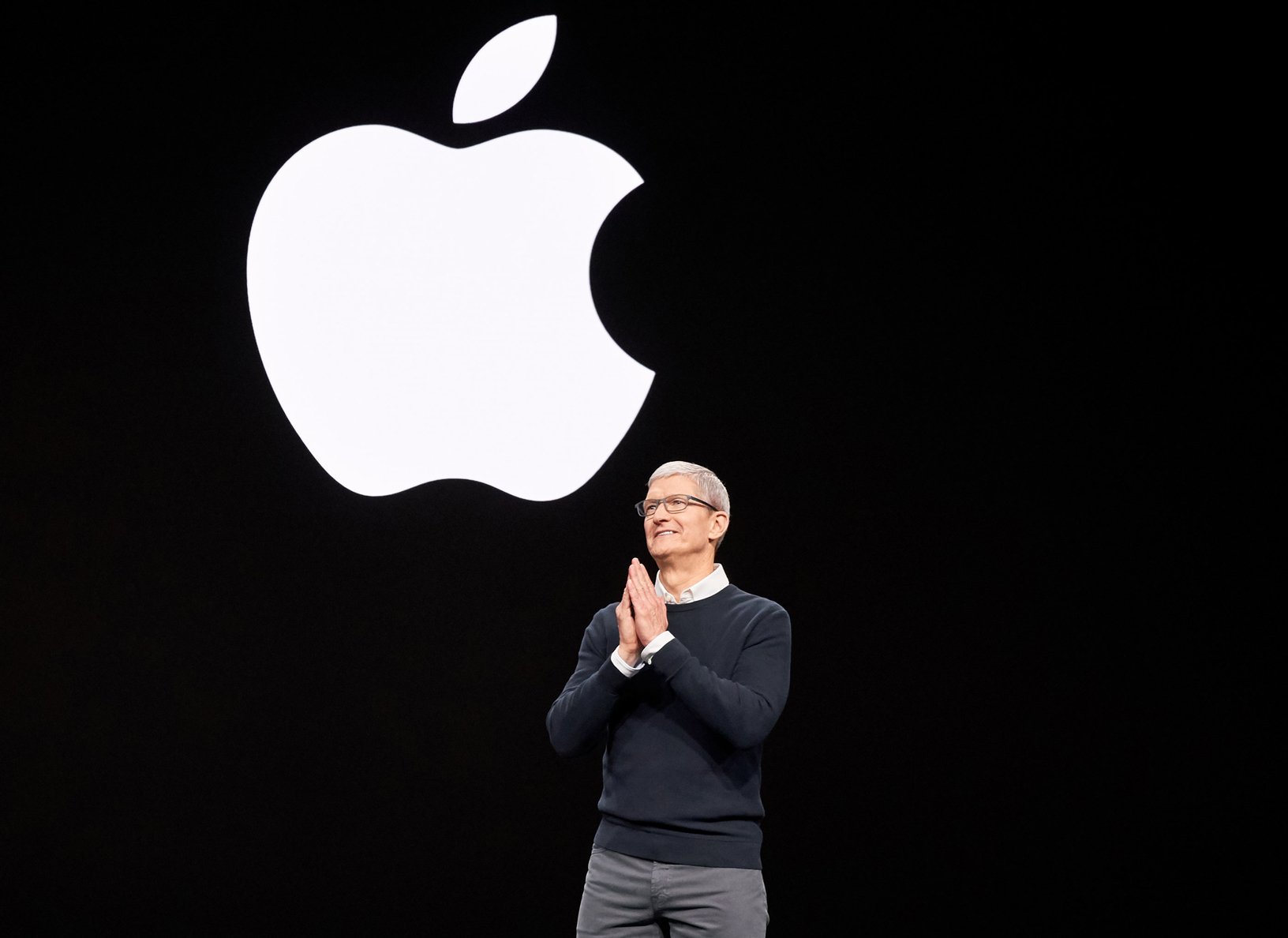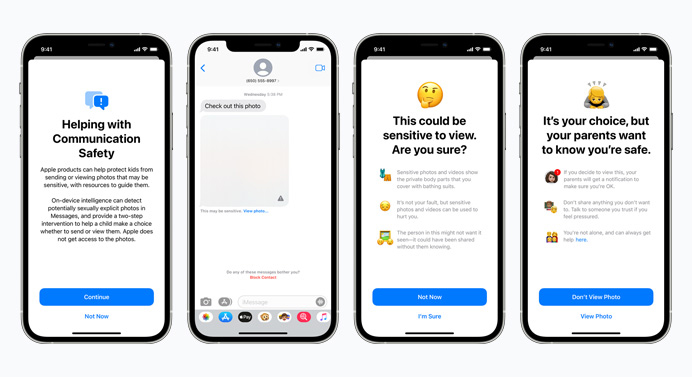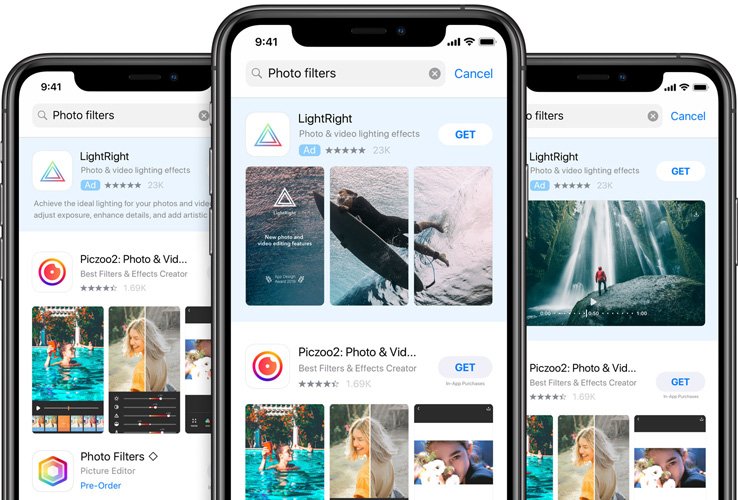iPhone 13 — Apple needs to fix this first!

iMore offers spot-on advice and guidance from our team of experts, with decades of Apple device experience to lean on. Learn more with iMore!
You are now subscribed
Your newsletter sign-up was successful
Apple just fixed Mobile Safari in the latest iOS 15 betas. Not in 6 years like the modular Mac Pro. Not in 3 years like the Butterfly keyboard. But in 2 months. They took in community feedback. They took it seriously. And they took action. Fast. Like speed-force fast. So, what else could Apple fix and fast? Child Safety, Game Streaming, Advertising? Well…
Safari
Now, I don't want to minimize what just happened with Safari. If you haven't been following, Apple announced a host of what became highly controversial interface changes back at WWDC, including what can only be termed "tab bar supremacy" for the Mac and iPad and a new, bottom floating address bar for the iPhone.
Not to re-litigate or even recapitulate how important interface and usability are for a company whose whole entire reputation and culture were built on them, especially when there are ongoing concerns over their design team's current willingness to push visual simplicity at the expense of functional complexity because I went over all of that in length in a previous video with Daring Fireball's John Gruber, which I'll link down below the like button, Apple stopping and listening and iterating Safari this much this quickly is… affirming. Confidence building even. So much so that I'm hoping they're willing to do it with a few more things as well.
Now, Software is obviously easier to iterate than hardware, but the truth is, Apple isn't a monoculture or uni-mind. Every argument we have on YouTube or Twitter, people inside Apple have been having for years already as well. Every opinion for or against a policy or implementation that we hear on the outside, Apple's executives have been just.. chewing on… on the inside. Both from people at Apple and from us.
It's why I Mark Hammill laugh, like full-on Joker Skeleton loud, anytime anyone says I never disagree with Apple about anything. I like what I like, and Apple makes a lot of stuff I like, but I criticize all of it as well. Because none of it is ever good enough, much less perfect, and that's really the only way I can ever be truly useful to you, me, and, yeah, Apple.
It's fuel for their debates and, ultimately, the decisions they make… and unmake.
So, let's arc reactor them up…
iMore offers spot-on advice and guidance from our team of experts, with decades of Apple device experience to lean on. Learn more with iMore!
Child Safety

Starting this fall in the U.S., with Communication Safety, Apple's going to be blurring explicit images in the Messages app for children, potentially alerting parents for children under 13, and with CSAM detection, hash-matching for known child exploitation material using a hybrid client-server process on upload to iCloud Photo Library. It's a complicated, confusing, and contentious system, and I've already made a 43-minute video on how exactly it all works and a 20-minute video on how I think Apple could make it work better, or at least a whole lot less contentiously.
Here's the gist — the new child safety features have faced immense pushback from privacy advocates and geopolitical activists. Apple has largely dealt with it by saying the system is being misunderstood. And, in some part, that's true. Because it really is extremely complicated, easily conflated, even sensationalized, maybe catastrophized. But I think Apple's misunderstanding the pushback as well.
It's not that everyone doesn't get it; it's that some absolutely don't want it. Even if you concede the architecture is perfect, and no architecture is ever perfect, but all of that technology is really just a distraction from the philosophy. And that's not complicated at all. That's dead simple. What Apple sees as a way to maintain privacy comes off as a way to violate sanctity. That on-device doesn't matter if it's being sent off-device, to anyone, for any reason, without explicit user intent, and for explicit user benefit. And that can't be addressed with just facts because it's also about feels.
I mean, even selfishly, I've got people on every privacy video I've made about Apple, every one where I've pointed out how App Tracking Transparency and Private Relay will prevent Facebook and Google from spying on us, pointing straight to the new Child Safety Features as a way of just nullifying it, just painting Apple as the same or worse. Even videos about upcoming products. And I can only imagine that's going to be true for all major coverage for the next many months as well, including and especially when it launches in the fall.
So, I'm hoping Apple takes a hot minute, looks at it through that same Safari fix-it-fast lens, and figures out a way to address the many not-misunderstanding-it-all concerns being expressed about these features. Most of Apple's recent privacy initiatives have taken several extra months to actually ship anyway because they're complicated and because there are so many things to consider. This should be no different. If anything, it should be considered and reconsidered even more stringently.
My suggestions aren't even that clever — switch the Communication Safety alert to a block, like other parental blocks work, and move the on-device blinded database and hash-matching to off-device, even if that means to a private relay server that denies Apple full knowledge the way they're already doing with the Private Relay service to deny Facebook and Google.
Because privacy, real privacy, remains one of the most important issues of our time, so if you have better and brighter ideas, don't wait, make sure they're heard.
Game Streaming

Whenever somebody says to me, Apple's App Store rules are too restrictive, I just point at the Google Play Store and ask — what world-changing apps do Apple's rules prevent that Google's rules allow? Not Instagram, not Uber, not really anything. All the biggest apps are not only on the iPhone but still mostly on the iPhone first, often for an annoyingly long time first. Right Clubhouse?
At least, I used to be able to do that. Now… a whole new class of world-changing apps is just not allowed as-is on the App Store. And no, I'm not talking about sex. Apple's Disney-like puritanicalism has been at DefCon 1 for over a decade already, so much so the iTunes Store still has to accompany the App Store to PG-13 videos, including, probably…. See. But I digress.
I'm talking about game streaming services. Xbox Gamepass and Google Stadia, and the plethora of others that will do for interactive entertainment what Netflix, Amazon Prime, and video streaming services have been doing for passive entertainment for years and years already.
But... Apple isn't currently allowing those services onto the App Store, not unless they offer every game as a separate and separately rated app on the store, which is the functional equivalent of having to offer every TV show and movie on Netflix as a separate, and separately rated, video on the iTunes Store. It defeats the whole purpose, destroys the whole benefit of streaming.
It's not to protect Apple Arcade or anything conspiratorial either. The revenue generated from making iPhones and iPads into first-class Xbox and Playstation experiences, and the revenue generated from all those App Store subscriptions, would be like… well, what Disney+ provides right now, even alongside Apple's TV+.
To get around it, the game streaming services are deploying web apps which just, bless their hearts, aren't better for anyone. Poor performance for the games, no revenue for Apple, and most importantly, a bad experience for us.
I've done a whole video on this already as well, but my hottest of hot takes here would be — just treat game streaming apps like video streaming apps and let them on the store as-is. Then, hold them to the same rules as any other streaming app on the store.
Advertising

Apple's made huge waves over the last few years by cracking down on ad tracking technologies, including blocking third-party trackers in Safari, adding privacy labels and app tracking transparency to iOS 14, and now bringing privacy reports and private relay to iOS 15. All of it to prevent social networks and data brokers from spying on us without permission in the digital world in a way that would just never be acceptable in the physical world.
But, at the same time, Apple's been slow-rolling their own ad products into the App Store. And, you know, it really is minor if… annoying as any ad… right now. But I still see at least two big problems with it.
Like Child Safety, it undermines or can be used to undermine Apple's work on privacy. Instead of standing up to big social tobacco and the ad broker cabal in full-on fight-for-the-users Tron fashion, those same companies now get to cast it as an anti-completive ad land grab by Apple. And if it wasn't this, maybe it'd be something else, but why make it so easy for them to just use this?
Also, digital advertising, by its nature, is just corrupting and corrosive. And I totally get Steve Jobs started all this when he had the big, beautiful idea to roll out iAds, but that failed, and I'm kinda super glad it did.
People in the digital ad business have just been conditioned to demand every bit of data imaginable, far, far over and beyond what they actually need to track conversions. Because they can make so much more money off that data than just the ads or the conversions themselves. And unless Apple's willing to do that, no ad product they offer will truly be competitive… just compromising.
So, if Apple's willing to draw the line at adult content, my suggestion is draw the line at advertising products as well. Not every little thing has to be about the bloody ROI, right?

Rene Ritchie is one of the most respected Apple analysts in the business, reaching a combined audience of over 40 million readers a month. His YouTube channel, Vector, has over 90 thousand subscribers and 14 million views and his podcasts, including Debug, have been downloaded over 20 million times. He also regularly co-hosts MacBreak Weekly for the TWiT network and co-hosted CES Live! and Talk Mobile. Based in Montreal, Rene is a former director of product marketing, web developer, and graphic designer. He's authored several books and appeared on numerous television and radio segments to discuss Apple and the technology industry. When not working, he likes to cook, grapple, and spend time with his friends and family.
